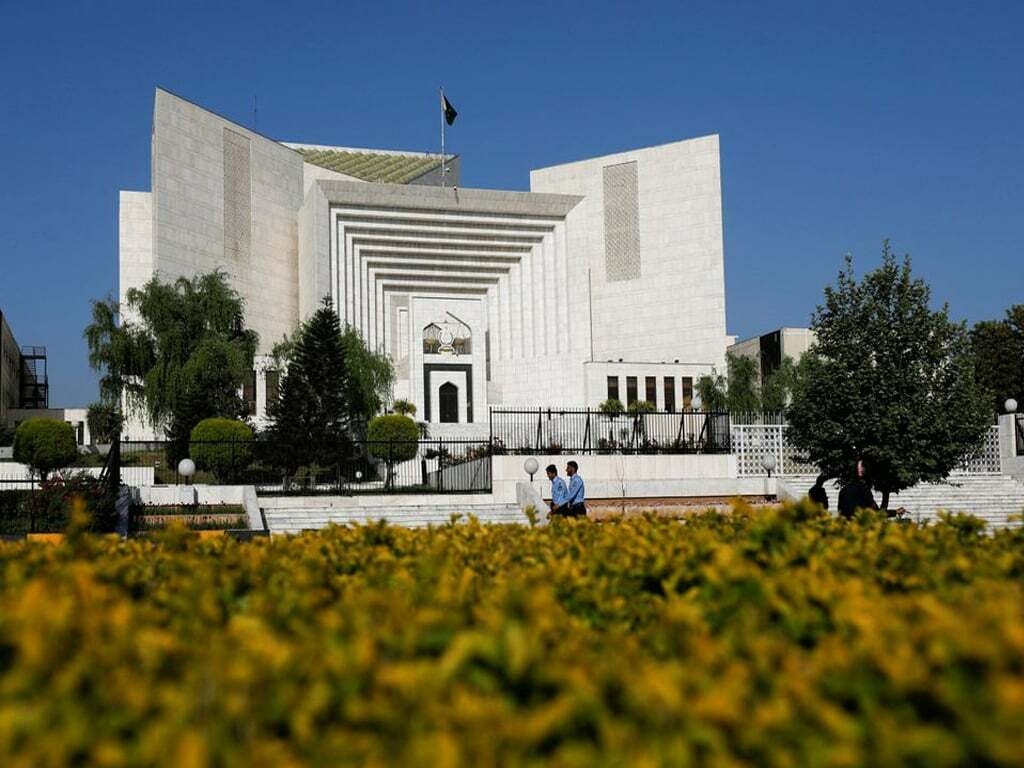This amendment has brought profound changes to the judicial appointment process, especially with regard to the selection of the Chief Justice of Pakistan and the composition of the Judicial Commission of Pakistan (JCP).
We examine the constitutional petition filed by the Pakistan Tehreek-e-Insaf (PTI), challenging the amendment on the grounds of its potential violation of several fundamental principles outlined in the Constitution of Pakistan.
Passed in October 2024, the 26th Amendment introduced several amendments to Article 175-A of the Constitution, which deals with the judicial appointment process.
This has sparked significant concerns, particularly among members of the opposition, legal experts, and judicial activists, who argue that these changes undermine the independence of the judiciary and violate the constitutional principles of separation of powers, rule of law, and federalism.
The petition filed by Barrister Ali Gohar Khan, Chairman of PTI, under Article 184(3) of the Constitution, seeks to challenge the constitutional validity of the 26th Amendment Act.
The petition is a direct challenge to the constitutionality of the amendment and its implications for the functioning of the Judicial Commission of Pakistan, as well as the broader impact it may have on judicial independence in the country.
Judicial Appointment Process Under the 26th Amendment
One of the most controversial aspects of the 26th Amendment is the restructuring of the Judicial Commission of Pakistan (JCP). The amendment reduces the number of Supreme Court judges within the JCP and introduces a new process for appointing the Chief Justice of Pakistan.
This change has drawn significant criticism from legal experts and opposition parties, who argue that it undermines the autonomy of the judiciary by allowing the executive and legislative branches of government to have a disproportionate influence over the appointment of the Chief Justice.
The Chief Justice is a key figure in the judicial system, and changes to the appointment process could potentially lead to a consolidation of power in the hands of the ruling government, weakening the judiciary’s independence.
The constitutional petition filed by Barrister Ali Gohar Khan outlines several key arguments against the 26th Amendment Act.
First and foremost, the petition asserts that the amendment violates the salient features of the Constitution, including the independence of the judiciary, the rule of law, federalism, and separation of powers.
The petition argues that the changes introduced by the 26th Amendment Act effectively undermine the independence of the judiciary, a cornerstone of any functioning democracy.
By replacing the seniority principle with a parliamentary committee-dominated process, the amendment grants excessive power to the executive and legislative branches over judicial appointments.
The Expansion of Grounds for Removing Judges
Another critical aspect of the 26th Amendment is the introduction of Section 21, which amends Article 209 of the Constitution to expand the grounds for removing a judge to include “inefficiency in the performance of the duties of his office”.
The petitioners argue that this vague and undefined standard for assessing judicial performance is highly problematic, as it introduces an arbitrary and subjective basis for removing judges.
The petition also challenges the legitimacy of the 26th Amendment Act on procedural grounds.The petition claims that the amendment was passed without a fully constituted Parliament and that members of Parliament were subject to coercion, harassment, and undue influence.
Additionally, the petition highlights the illegal inclusion of votes from defecting parliamentarians, which further undermines the legitimacy of the amendment’s passage.
Given the constitutional significance of the issues at stake, the petitioner has called for the formation of a Full Court to hear the challenge against the 26th Amendment Act.
A Full Court, consisting of all the judges of the Supreme Court, has been convened in the past to address matters of similar constitutional importance, such as the challenges to the 18th and 21st Amendments.


